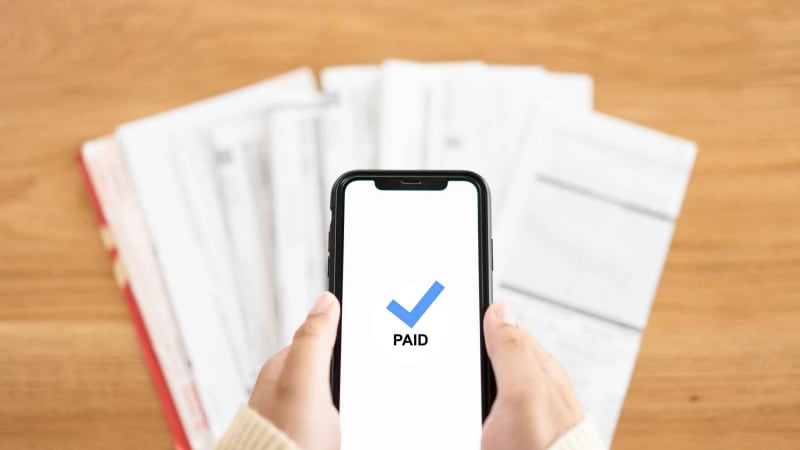How to change your credit card payment due date

Can I change the due date on my credit card bill?
Your bank or credit card issuer may allow you to change your statement due date - although you may only be permitted a certain number of date changes per year. Changing your credit card's payment due date may offer some budgeting flexibility, including the possibility of scheduling your payment close to a pay day.
Why you might want to change your credit card's due date
Changing your credit card due date may offer the following benefits:
You may gain flexibility in managing your finances. Many other vendors - such as your utility provider - are likely to be inflexible with respect to statement due dates. You can change your credit card's due date to a time of the month when you have fewer demands on your money.
You may be able to improve your credit health. Consider setting your payment due date on a day that is flexible for you and your finances. For example, you may want to schedule your due date soon after a direct deposit or paycheck arrives in your bank account. Keep in mind that on-time payments may account for a large portion of your credit score.
You may be able to save more effectively. A common refrain among financial experts is to "pay yourself first" by setting aside savings before spending on discretionary items. If you change your payment due date to better align with your other money inflows and outflows, you can keep more of your money in the bank and better commit to your savings goals.
How do you change your credit card's due date?
You may be able to change your credit card statement due date by communicating with your credit card issuer. Some ways of doing this include calling their customer service number or visiting your online account to change your credit card's due date.
How long does it take for a due date change to come into effect?
Credit card statement due date changes won't take effect immediately.
Usually, the change in date will be active in 1 or 2 billing cycles after you make the request. Until the date change is official, you'll have to pay your credit card bill by its current due date.
What if you pay your credit card bill one day late?
Paying a credit card bill late isn't the end of the world - as long as you don't make it a habit.
Any missed credit card payments will appear on your credit report. Since one of the biggest components of your credit score is your payment history, even a single late payment can dent your score.
While one missed credit card payment is not likely to harm your credit score significantly, repeated missed payments are sure to drive your score downward. You may also face late-payment fees, although it's often possible to negotiate your first fee away if your overall payment history is solid.
If you know that you will be unable to make your next credit card payment on time, a call with your card issuer may provide some options for late payment that won't hurt your credit.
How can you avoid paying your credit card bill late?
In addition to changing your credit card statement due date, consider the following strategies for avoiding late payments:
Set up automatic payments with your bank or credit card issuer. Automatic payments are free and simple to configure. You can direct your bank or issuer to withdraw the minimum payment amount, the full statement amount or another amount that you choose on the same date each month.
Keep your credit utilization low. By making consistent on-time payments and keeping your credit card balances low, you can maintain a favorable utilization ratio.
How to move your credit card's due date
Changing the due date on your credit card bill can give you more flexibility to pay what you owe and help smooth out your financial life. Identify when your other bills are due and when you get paid to find a due date that works, then contact your card issuer.



